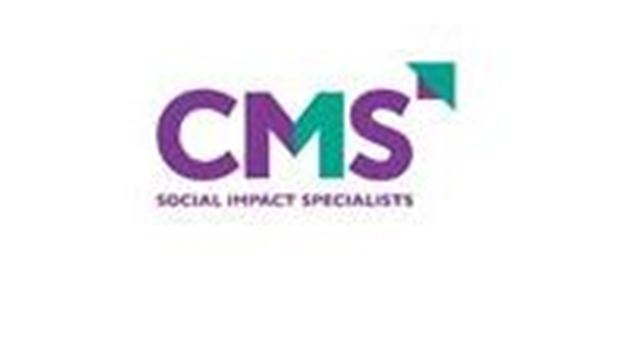
September 16, 2024,New Delhi, Delhi, India : Catalyst Management Services (CMS), part of the Catalyst Group and committed to transforming social enterprises and impactful initiatives aligned with Sustainable Development Goals collaborated with Piramal Foundation released a comprehensive video knowledge asset in the form of a Conversations’ Cafe Vlog. This video knowledge asset offers insights and strategies for enhancing the Employee State Insurance (ESI) Scheme in India. This initiative aims to strengthen implementation of the Employee State Insurance scheme to enhance the uptake of services and benefits under the scheme among India’s formal workforces through the collaborative efforts of the consortium set up by the Piramal Foundation.
The collaboration between CMS and Piramal Foundation aims to bridge the gap between policy and practice by developing a demonstrated model to enhance systems’ capacities and providing actionable insights to enhance the effectiveness of the ESIS for its users. The newly launched knowledge asset includes a comprehensive analysis of the existing infrastructure from a user centric approach, and proposed solutions to improve awareness and access while addressing key challenges the beneficiaries face in accessing these services.
The Employees’ State Insurance Scheme (ESIS) is a comprehensive social security program in India for workers earning under INR 21,000 per month, covering nearly 13 crore potential beneficiaries. It provides medical care up to INR 14 lakhs for insured persons and their dependents and offers cash benefits, such as 50% wage compensation during illness. Despite its extensive benefits, only 30% of eligible beneficiaries currently access these services, underscoring the need to understand the barriers to utilization.
Speaking on the initiative, Priyamvada Tiwari, Associate Director, Platform & Policy, Catalyst Management Services said, “UpFront – the Catalyst Group entity that strives to make systems, capacities, and markets stronger and more inclusive to ensure both workforce and business wellbeing, but not at the cost of each other. We cannot stress enough on the importance of collaboration among all stakeholders including ESIS and employers to build trust and have an enabling ecosystem that ensures that the insured persons are able to use the social security benefits under the scheme to improve the wellbeing and health of their family. The Digital Bharat Collaborative, a part of Piramal Foundation, has been working with on-ground partners, and their program teams including Gandhi Fellows, program leaders, to ensure a coordinated approach that leverages each stakeholder’s strengths and supports the ESIS facilities to improve adoption of digital systems to enhance user journey. Together – our collective effort is aimed at creating a supportive ecosystem that addresses the needs of the insured population effectively.”
As a part of this partnership, a pilot was implemented over 18 months, more than 30,000 individuals were reached and benefitted from the intervention with support from more than 50 employers. The geographical areas covered by this partnership includes 3 states across 6 industrial clusters. The regions include Noida, & Faridabad clusters from Delhi-NCR region, Peenya & Bommasandra from Karnataka and Nagpur & Pune clusters from Maharashtra.
“Piramal Foundation and CMS are committed to driving meaningful change in the implementation of ESI scheme through continuous collaboration and knowledge sharing. This newly launched knowledge asset is just the beginning, with much more to come as both organizations continue to innovate and build capacity for the benefit of India’s workforce,” said Sagar Shukla, Sr. Program Director-Operations and Strategic Partnerships, Digital Bharat Collaborative (a part of Piramal Foundation).
The critical insights from this collaboration reveal several important aspects. Firstly, there’s a pressing need to accelerate efforts aimed at improving awareness about various services & benefits and building capacities among insured persons and employers. This means not only informing them about the services available but also simplifying the processes required to access these services. The development of a user handbook by the consortium, which was piloted with over 50 organizations, highlights a successful approach to improving information dissemination at the workplace level. Additionally, the focus on implementing scalable pilots with collaboration with state-level ESIS facilities to enhance the use of digital solutions by, such as AAA (Ask an appointment), has proven effective. This demonstrates that leveraging digital tools and streamlining access to services can improve delivery and accessibility.
